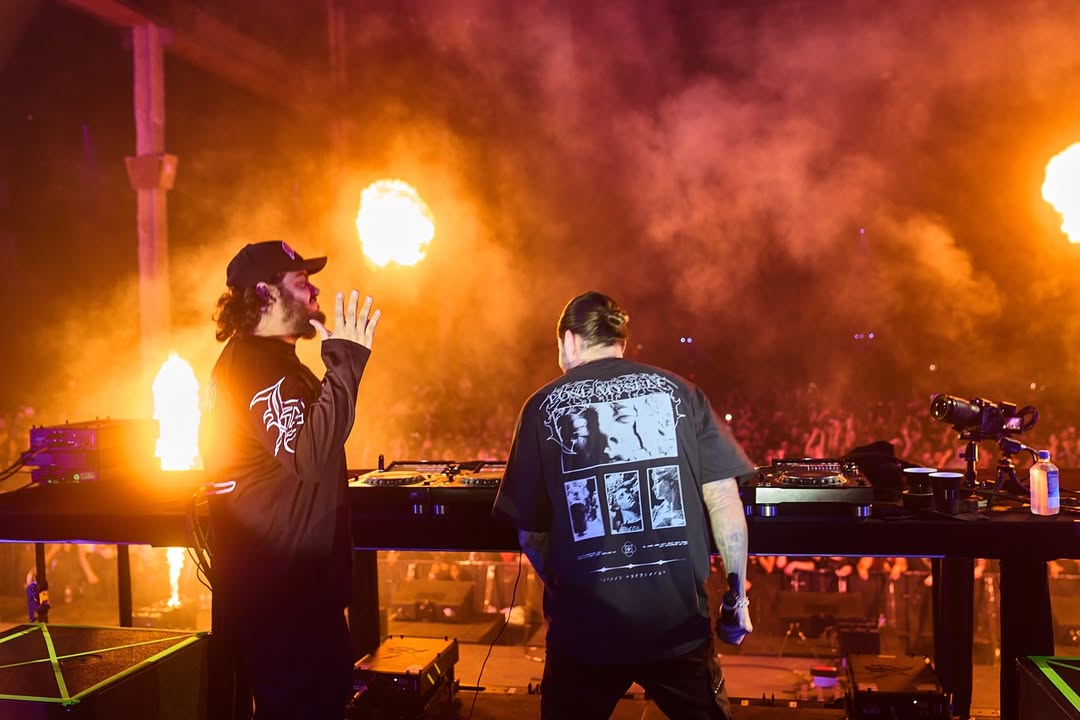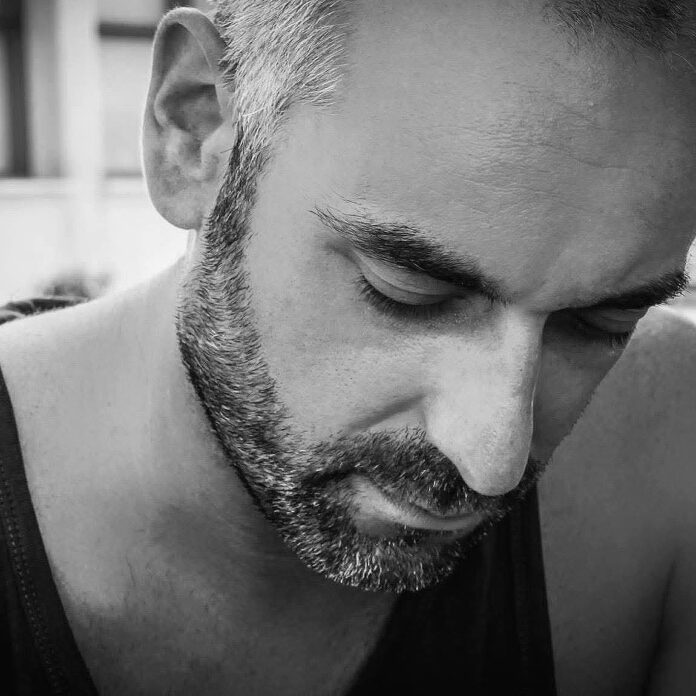WARNING: The following contains spoilers for The Promised Neverland Season 2, Episode 11, now streaming on Funimation and Hulu.
The series finale of The Promised Neverland premiered a couple of hours later than initially scheduled. When this happens with an anime, it means the episode wasn't finished on time. In the case of The Promised Neverland Season 2, Episode 11, it's questionable whether you can even describe the product that made it to air as "finished." At least a third, maybe even half of the episode is a glorified slideshow. Whole plot twists and even brand new characters get introduced in utterly baffling still frames.
The Promised Neverland Season 2 isn't the only Winter 2021 anime to experience serious production problems. Though it might not be as obvious from their high-quality final products, Sk8 the Infinity and Wonder Egg Priority also seriously struggled to make deadlines. However, while schedules might explain the extent to which The Promised Neverland's finale feels unfinished, it doesn't explain the series' confusing changes from the source material. This isn't even talking about how much is skipped over and how rushed the story's become -- the biggest issue at hand is a complete refusal to let the characters experience sacrifice.
For a clear example, compare Isabella's fate in the manga to her fate in the anime. Both versions give her a last-minute redemption arc, but in the manga, Isabella dies defending the kids from a demon. In the anime, she lives happily ever after caring for them. The dialogue in which Emma forgives Isabella is almost the same between the two versions, but the manga also provides Isabella's internal monologue, making her turn to helping the kids more convincing. In the manga, Isabella earns redemption and her tragic fate is leaves an impact. In the anime, forgiveness feels way too easy.
Then there's the fate of Emma. In the manga, Emma forges a new Promise to send the kids to the human world, sacrificing her memories in exchange. She still manages to reunite with her old friends but she doesn't remember their past together. This all happened in the course of a few chapters, leading to criticisms of a rushed ending (such complaints feel quaint in light of the extra-rushed anime), but there was still an actual sacrifice.
In the anime, however, no new Promise is required -- the kids can just walk through a gateway to the human world with no sacrifice needed on Emma's part. The anime attempts to recreate the "separation and reunion" arc of the manga's final chapters without any sacrifice, but it feels extra contrived. Emma just chooses to stay behind of her own accord in order to save more kids and fix up problems in the demon world -- fixes that happen in a confusing montage of still frames. When she comes to the human world (years later, but passed by in a few minutes of screentime), there's no emotion because we never actually see the work she was doing in the demon world.
The Promised Neverland's second season managed to get worse pretty much every week, but the series finale makes even the penultimate episode look decent in comparison (like Episode 10, Episode 11 also lacks a writing credit). This may very well go down in history as one of the worst finales of any anime ever, the perfect trainwreck of a troubled production and cowardly storytelling instincts.
All episodes of The Promised Neverland are streaming on Funimation and Hulu.
About The Author

